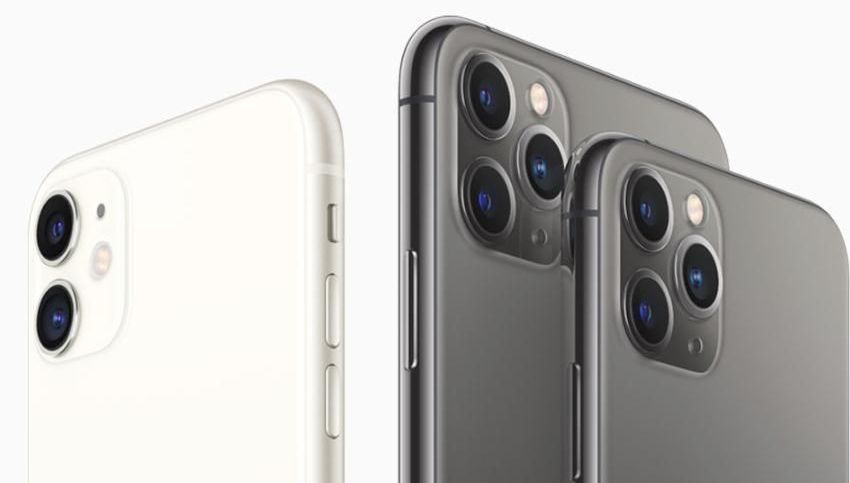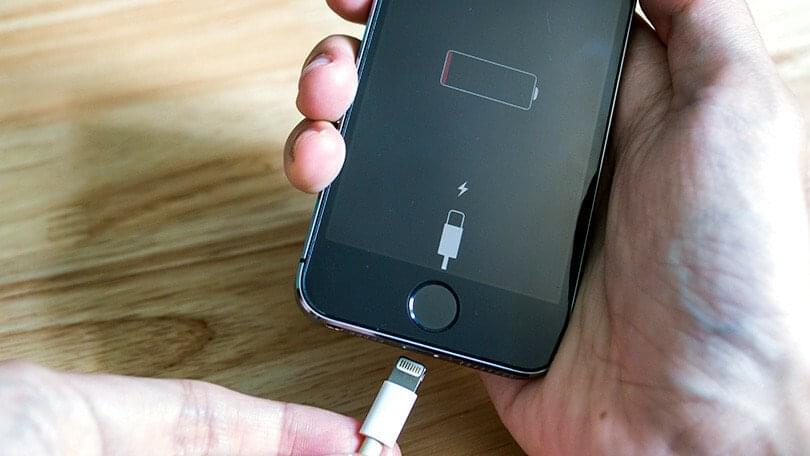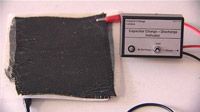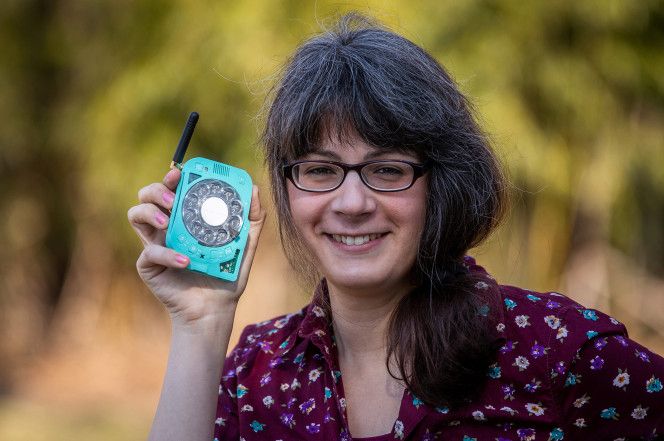China and South Korea used smartphone apps to monitor people with the disease. But Americans have different views of privacy and data collection.



But lockdowns and forced quarantines on this scale or the nature of some methods — like the collection of mobile phone location data and facial recognition technology to track people’s movements — cannot readily be replicated in other countries, especially democratic ones with institutional protections for individual rights.
And so Singapore, Taiwan and Hong Kong might be more instructive examples. All three places were especially vulnerable to the spread of the infection because of close links with mainland China — especially in early January, as they were prime destinations for Chinese travelers during the upcoming Lunar New Year holiday. And yet, after all three experienced outbreaks of their own, the situation seems to have stabilized.
As of midday Friday, Singapore had 187 cases confirmed and no deaths (for a total population of about 5.7 million), Taiwan had 50 confirmed cases including 1 death (for a total population of about 23.6 million) and Hong Kong had 131 confirmed cases including 4 deaths (for a total population of about 7.5 million).

In the era of modern world, medicals advances are evident everywhere. Recently, a team of doctors, researchers and scientists have collaborated to create an electronic biosensor which can be incorporated inside a brain to measure or determine the pH, temperature, flow rates and pressure of the brain. Moreover, it dissolves when no longer needed without the need of any surgical procedure. It is widely applicable in Neuroscience field as brain trauma and injuries kill around 50,000 people per year in the USA alone. These kinds of injuries often cause the brain to swell, which constricts the flow of blood and oxygen, and can lead to permanent damage. So surgeons need reliable ways of monitoring the pressure inside their patients’ head. Earlier, sensors that existed were usually large, heavy and solid, thus had to be removed once the patient recovered. But bioresorbable wireless brain sensors are light, handy and could be easily inserted inside the brain to monitor intracranial pressure and temperature. Once the implantable device is not needed, it is absorbed by the body, eliminating the need of surgically removing the device.
Request sample PDF Brochure Here
Wireless brain sensors are devices that help monitoring the temperature, detecting the intracranial pressure, and record brain signaling in the form of brain waves. The essential aim of this wireless brain sensor is of securing the person from emergency situations. The devices are primarily used for patients experiencing conditions such as sleep disorders, traumatic brain injury, dementia, Parkinson’s disease, and other neurological conditions. These devices aid in observing and monitoring the neurological deviations and provide support for improving the cognitive functionalities. Accessibility of these sensors is easy from a remote area through wireless connectivity and be integrated with smart phones, tablets and computers, consequently be monitored intermittently from a homecare environment, making the device more cost-efficient.



The advancements that are being made in battery technology are pretty mind boggling. We are seeing devices that are drawing power from just about every source that is imaginable, and now there is battery technology from researchers at Imperial College London that may actually have devices that create their own power. From cell phones to cars and everything in between, there may eventually be nothing more needed that to actually use the device.
This incredible new battery technology works because of the material that is being used in the actual construction of the items. The reason that the new material is making headlines is because of the fact that it can be integrated into the design of an automobile and would make it lighter and more fuel efficient, but could actually supply power to recharge the battery of an electric car.
With the material being able to be strong enough for the construction of a car, there are many other possibilities for its use. Right off the bat, devices such as cell phones, iPods, laptops and anything else that you can think of that would use battery power would be able to benefit from this new battery technology.

She builds tools for space exploration — but her cellphone is strictly down to earth.
Justine Haupt, 34, hates smartphones. She hates the way they work, and she hates the way they rule our lives.
“I work in technology but I don’t like the culture around smartphones,” says the astronomy instrumentation engineer from Long Island.



If shit ever hits the fan it is good to have a personal library downloaded on your phone. Because your phone be worthless but a digital library will not be.
If you are trying to find prepper and survival books, you’ve come to the right place. Below is a list of 667 of the best survival manuals, books, and survival guide PDF downloads. To download any of these titles, simply right-click on a file, and then select “Save As”.